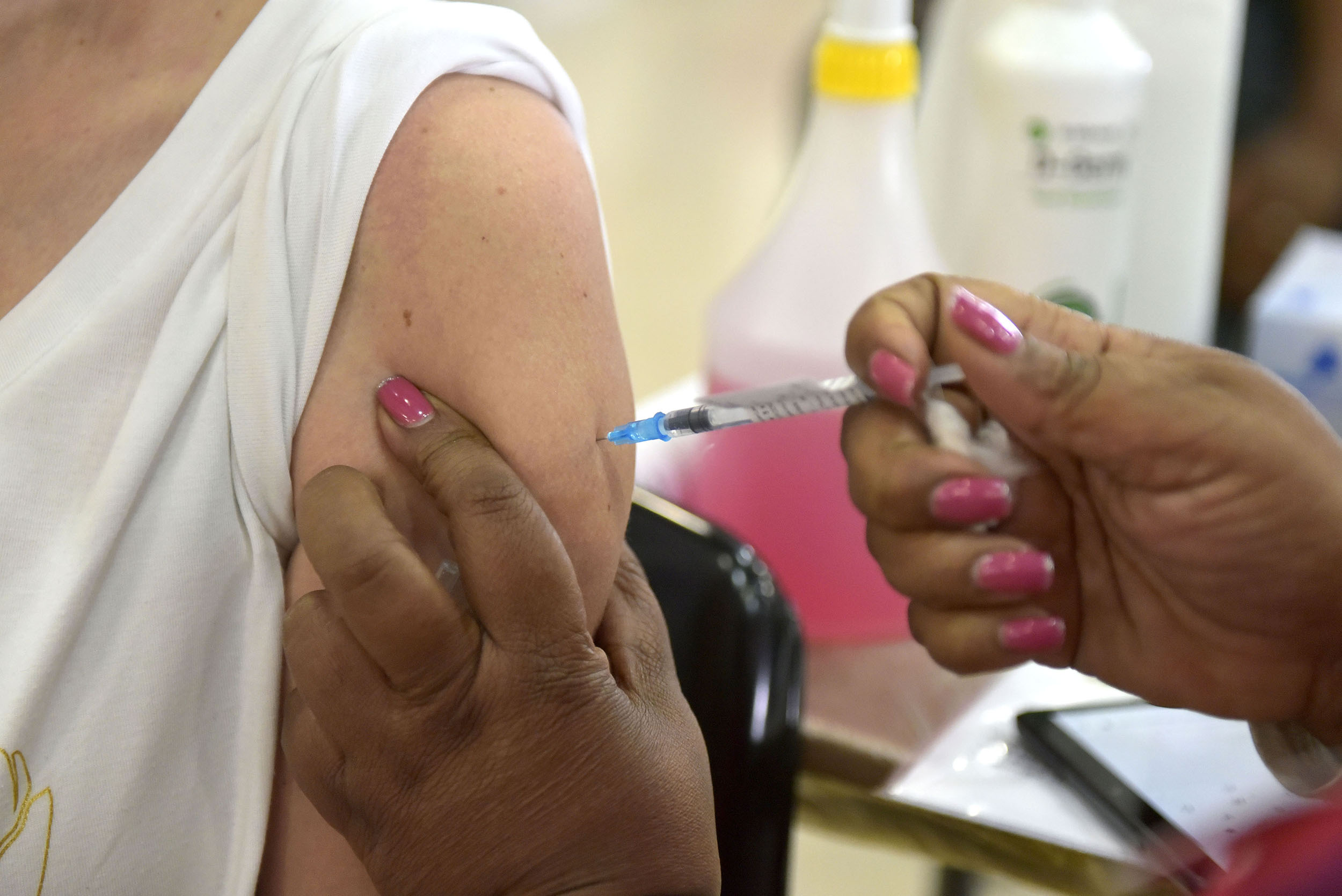
SA is in a state of confusion – pessimists may label it paralysis politically – but the suspension of the Johnson & Johnson (J&J) vaccine roll-out has brought us to a crossroad.
The J&J trials had to be put on hold because authorities fear endangering lives after it was discovered the shots caused blood clots in a few cases in the United States.
This has put the country on tenterhooks as many of its health workers, as well President Cyril Ramaphosa and Health Minister Zweli Mkhize, have been inoculated with the vaccine.
ALSO READ: SA suspends rollout of Johnson & Johnson Covid-19 vaccine
The majority public sector union, Nehawu, has raised the alarm, asking government to monitor all front-line workers who already received the inoculation.
It appealed to the South African Health Products Regulatory Authority to check and confirm the safety of the vaccines administered to health workers. It has been complicated by tension over long-standing wage increase demands in the public service.
Nehawu members protested outside Dora Nginza Hospital in Gqeberha, demanding Mkhize addresses their salary hikes, better conditions and permanent jobs for community health workers.
Some health workers mentioned their safety following the J&J vaccine saga. This could become a nationwide issue unless government allays the fears and provides better alternatives. That Mkhize acted quickly to suspend the J&J vaccination roll-out indicated the seriousness of the issue.
The panic is understandable because human lives are at stake. But the country is caught between a rock and a hard place. The one-dose J&J vaccine was our hope following the earlier halting of the AstraZeneca vaccine that was unsuitable for the SA variant.
Despite the huge consignment that was delivered – with fanfare, with the president welcoming the big load at the airport last year – the AstraZeneca vaccine was diverted elsewhere. An alternative had to be found and fast… and it appears we might be forced to go for the Pfizer shots that we initially avoided due to its extreme cold storage requirements.
But Africa Centres for Disease Control and Prevention still pitched the AstraZeneca vaccine as the best option as its efficacy outweighed the risks. The vaccine supply regime has become a competitive environment as manufacturers, who were all based abroad, try to outdo one another as prime suppliers to various countries.
Africa, which had no manufacturing capacity, was targeted by all the manufacturers. The continent has been coordinating its supplies centrally and individually by each state.
The situation had become desperate, for if the “blood clot” scenario plays out, this country risks facing huge lawsuits from affected people.
Let’s hope nothing will happen as it would play into the hands of conspiracy theorists who spread negative rumours about Covid-19 vaccinations with a view to cause international panic.
It is high time that Africa developed its own vaccine manufacturing capacity.
The urge to do it is there but there is no political will by the continent’s fathers, who seem to enjoy seeing the continent continuing to endure the colonialism of a special type as willing consumers of the Western-made vaccines.

